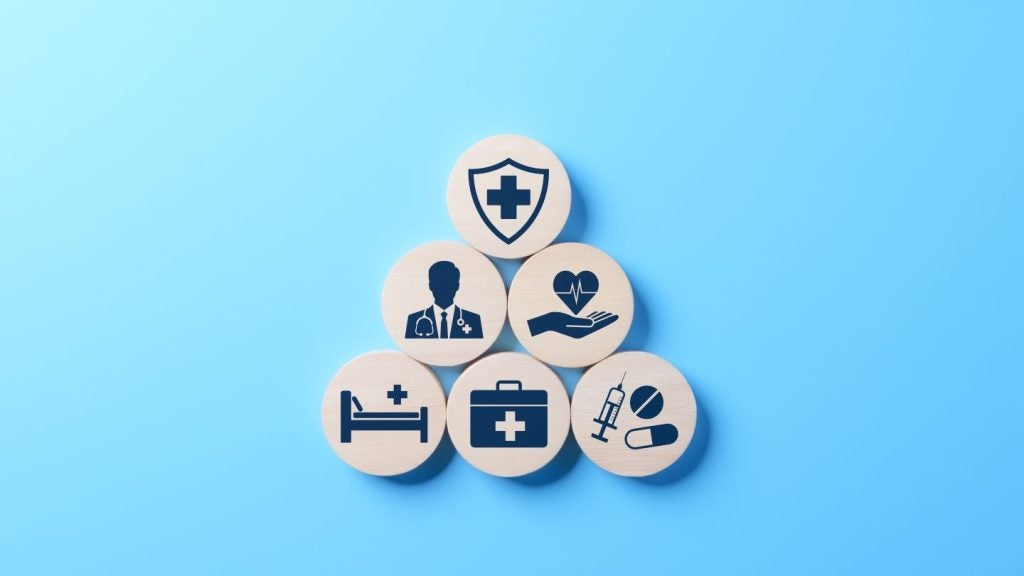
New insurance products will be introduced for the sharing economy in 2017 – and the use of wearables and other Internet of Things (IoT) enabled devices will be increasingly incentivized in next year – according to Capgemini.
The initiatives are part of four predictions Capgemini expects to shape the insurance market in 2017.
The four predictions include:
- New insurance products will be introduced for the sharing economy
- Use of wearables and other Internet of Things (IoT) enabled devices will be increasingly incentivised
- Greater adoption of emerging technologies such as augmented reality and drones
- New mobile and digital offerings that encourage safer, healthier customer behavior
New insurance products will be introduced for the sharing economy:

US Tariffs are shifting - will you react or anticipate?
Don’t let policy changes catch you off guard. Stay proactive with real-time data and expert analysis.
By GlobalDataAccording to Capgemini, the sharing economy is driving the need for insurance coverage for specific and shorter durations and as a result, insurers will start to provide more insurance products on an on-demand basis.
Additionally, companies built on the sharing economy will increasingly partner with insurers to develop new, specialized offerings such as pay-per-mile auto insurance or blockchain enabled pay-per-use insurance for office or home rentals.
For example in auto insurance, these offerings can also help ensure pay-for-hire drivers are not left liable if their car is damaged during times when it is being utilized for business purposes, by filling the gap between their personal policy and the commercial coverage required by a parent company.
Use of wearables and other Internet of Things (IoT) enabled devices will be increasingly incentivized:
Greater use of wearables and other IoT-enabled sensors among consumers will be encouraged by insurers as they begin to incentivize IoT use to help reduce customer pricing and expedite claims servicing, among other features, says Capgemini.
In home insurance, Capgemini says it is already seeing insurers encourage their customers to use home sensors as it helps them to proactively mitigate risks for customers.
In life and health insurance, IoT will increasingly be used to offer customers a way to stay connected and avert a crisis, such as helping ensure the safety of elderly customers who live independently, for example.
Commercial insurers, who in 2016 were already utilizing real-time data from connected devices for risk management, will be increasingly analyzing the data from these new streams to identify areas of need and develop new offerings, such as usage-based insurance for shipping companies.
Greater adoption of emerging technologies such as augmented reality and drones: Capgemini says insurers will increasingly use these emerging technologies for purposes such as the documentation of property damage after a catastrophe, and faster claims processing through quicker and more accurate property assessment.
In 2016, Capgemini notes that four insurance companies received Federal Aviation Administration approval for testing drones for commercial purposes.
In the coming year, Capgemini expects to see broad roll-out of drones for various uses.
Augmented reality will also begin to be more broadly utilized in a variety of areas to help educate customers and employees, guide customers to become aware of potential fatalities and facilitate them to take appropriate safety measures, and even to recreate accident scenes.
New mobile and digital offerings that encourage safer, healthier customer behavior
InsurTech firms are already transforming the insurance industry and this is set to accelerate as they providing customers with an increasing array of mobile and digital tools that help them practice safer, healthier behaviors and receive benefits based on the personal information they share.
Capgemini notes that apps that use gamification to help a patient quit smoking and reduce health insurance costs or which analyze data from a phone’s accelerometer to share tips which improve driving habits are just two examples.
Capgemini said: “Many of the offerings we will see introduced in the coming year will be geared towards proactive risk management so as to reduce claims incidents. As more of these value-added offerings are introduced in 2017, there will be a significant increase in the frequency of interactions between insurers and their customers. These new data streams will also allow insurers to offer more personalized loyalty and rewards programs that cater to specific customer preferences.”







